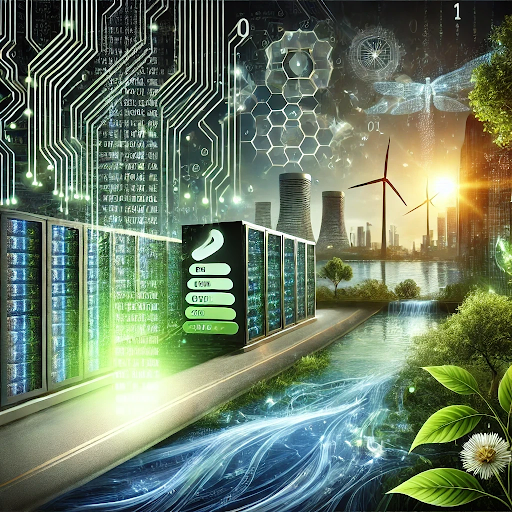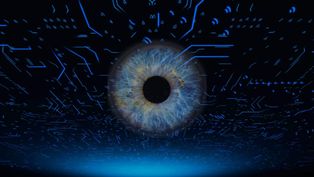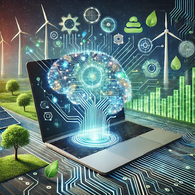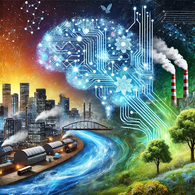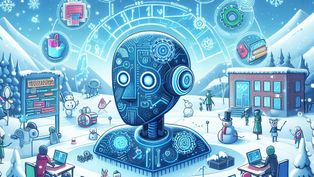Digital systems offer a great opportunity to significantly reduce carbon emissions and can contribute to the efficient use of energy. However, all systems also need energy. This area of tension is addressed in the course: Sustainability in the digital age - Energy-Efficient Software Development. To effectively reduce the carbon footprint of digitalization, it is necessary to apply algorithmic efficiency and sustainability by design as guiding principles in digital engineering. We will introduce strategies to develop software that prioritizes minimized energy consumption through optimal coding and green testing practices. We will look at how the CO2 emissions of operating software applications can be measured and calculated. How to measure the performance and energy consumption of Large Language Models will be covered as well. Further we share approaches how to use advances in hardware technology and operate digital systems efficiently in data centers based on eco-friendly and cost-effective capacity management strategies.
This course is part of the Sustainability in the Digital Age series, a collaborative project between colleagues from Stanford University, SAP and the Hasso Plattner Institute.
